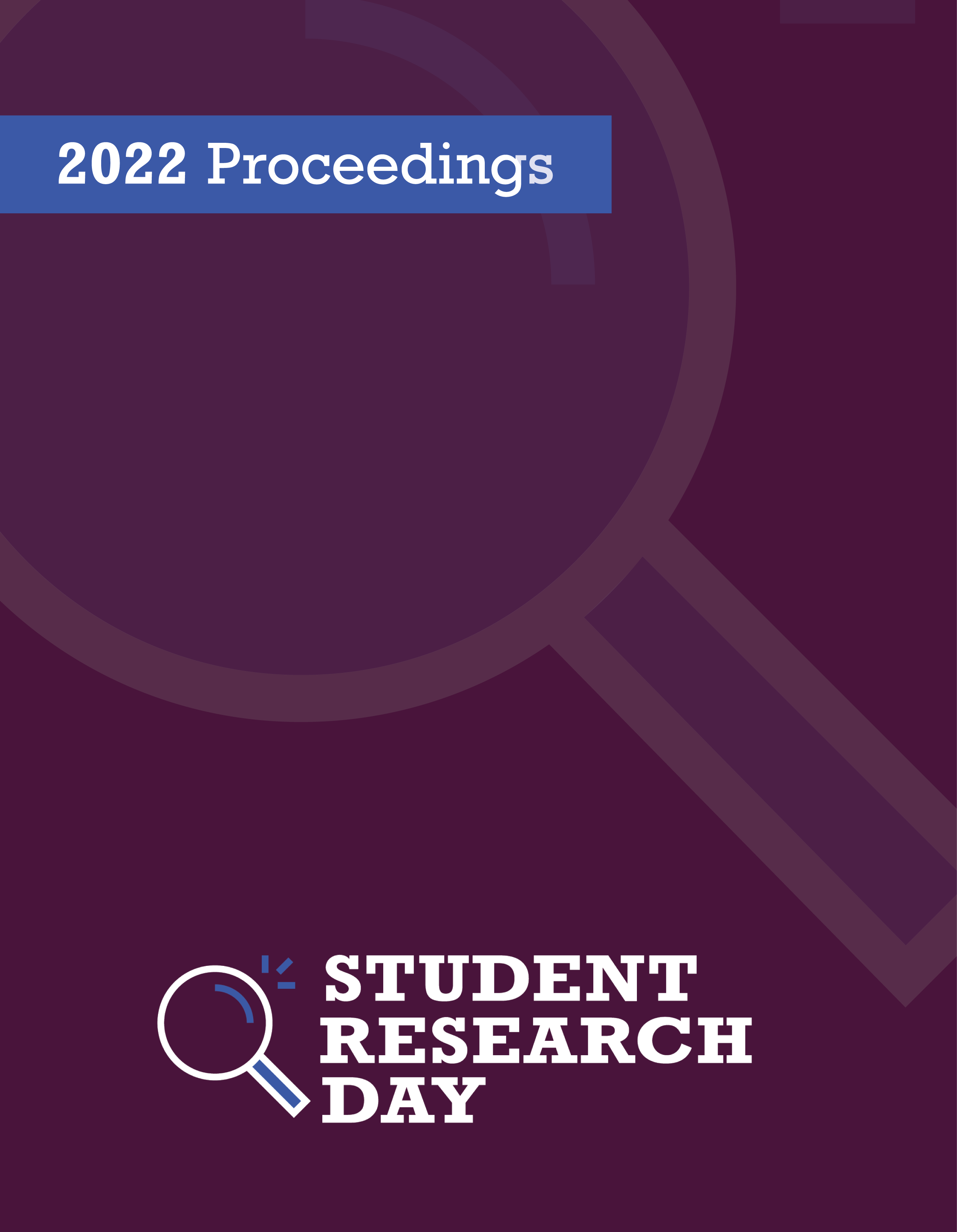Meeting in the middle: Hannah Arendt and Jose Ortega y Gasset on public discourse
Abstract
The German-American political thinker Hannah Arendt and the Spanish philosopher Jose Ortega y Gasset are both phenomenologists who point out not only the importance of public discourse and social activity as part of our human nature, but also the consequences of their lack of presence in modern society. They do not coincide with each other completely, but what they do conceive similarly and where they differ offers an opportunity for a deeper understanding of how important it is for us as humans to create, make better, and preserve our shared world.
Through an examination of the similarities and differences in ‘the rise of the social’ (Arendt) and ‘the rise of the masses’ (Ortega), this paper explores how both seek to reclaim the lost space between people, a space we, as social citizens, enter in order to dialogue with one another and create our political world. After laying out what Arendt and Ortega each mean by the social and the masses, and how each see its evolution and rise to prominence, this paper will then analyze what Arendt and Ortega each see as a higher form of activity - public, political and social activity, namely discourse, in the case of Arendt, and individual reflection and responsibility, in the case of Ortega. Finally, the paper concludes with a discussion of what is ultimately at stake, why this public, political activity is important to recover in modern society of today.
Department: Sociology
Faculty Mentor: Dr. Alexander Castleton Flores
References
Published
Issue
Section
License
Authors retain any and all existing copyright to works contributed to these proceedings.



